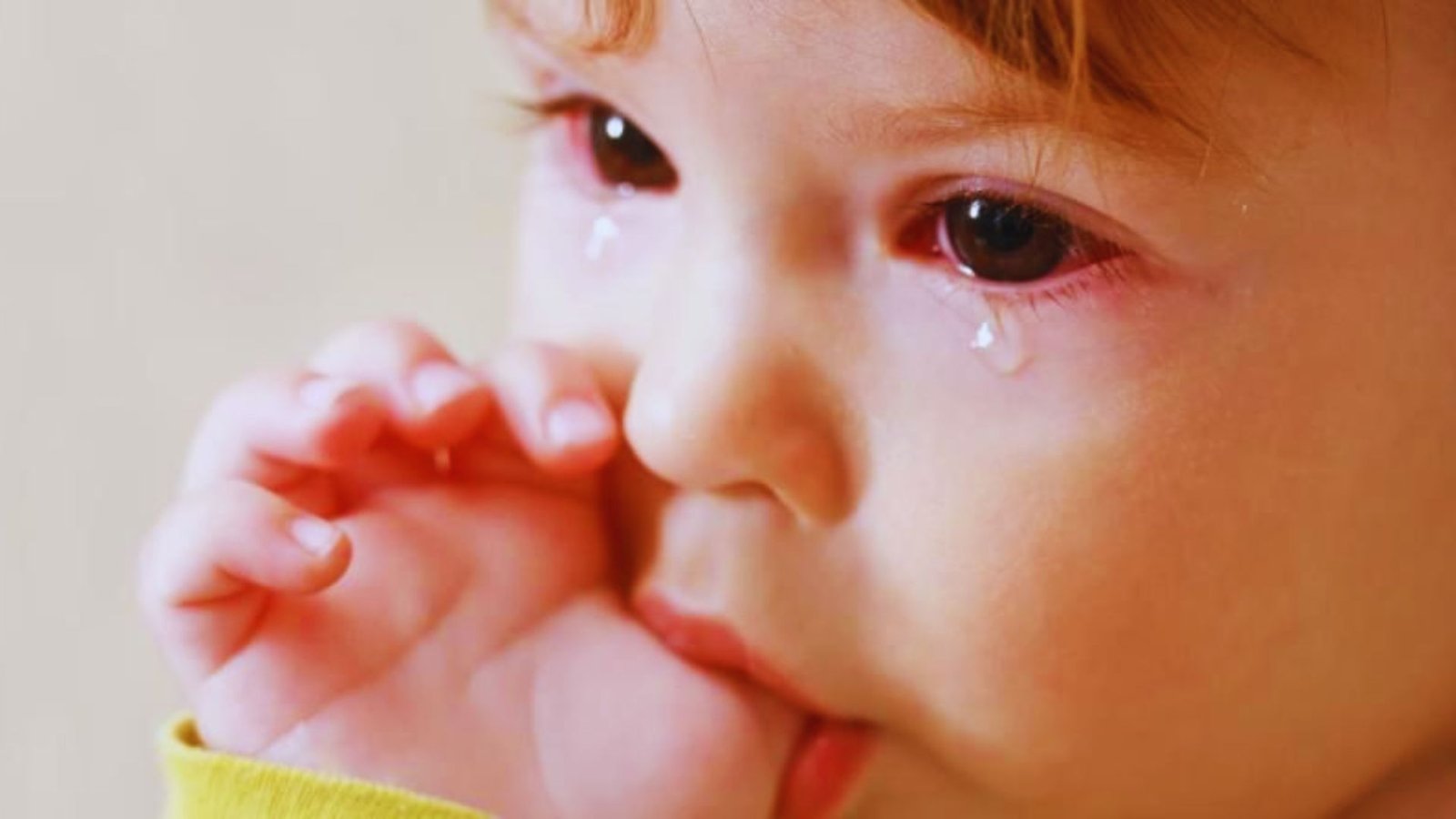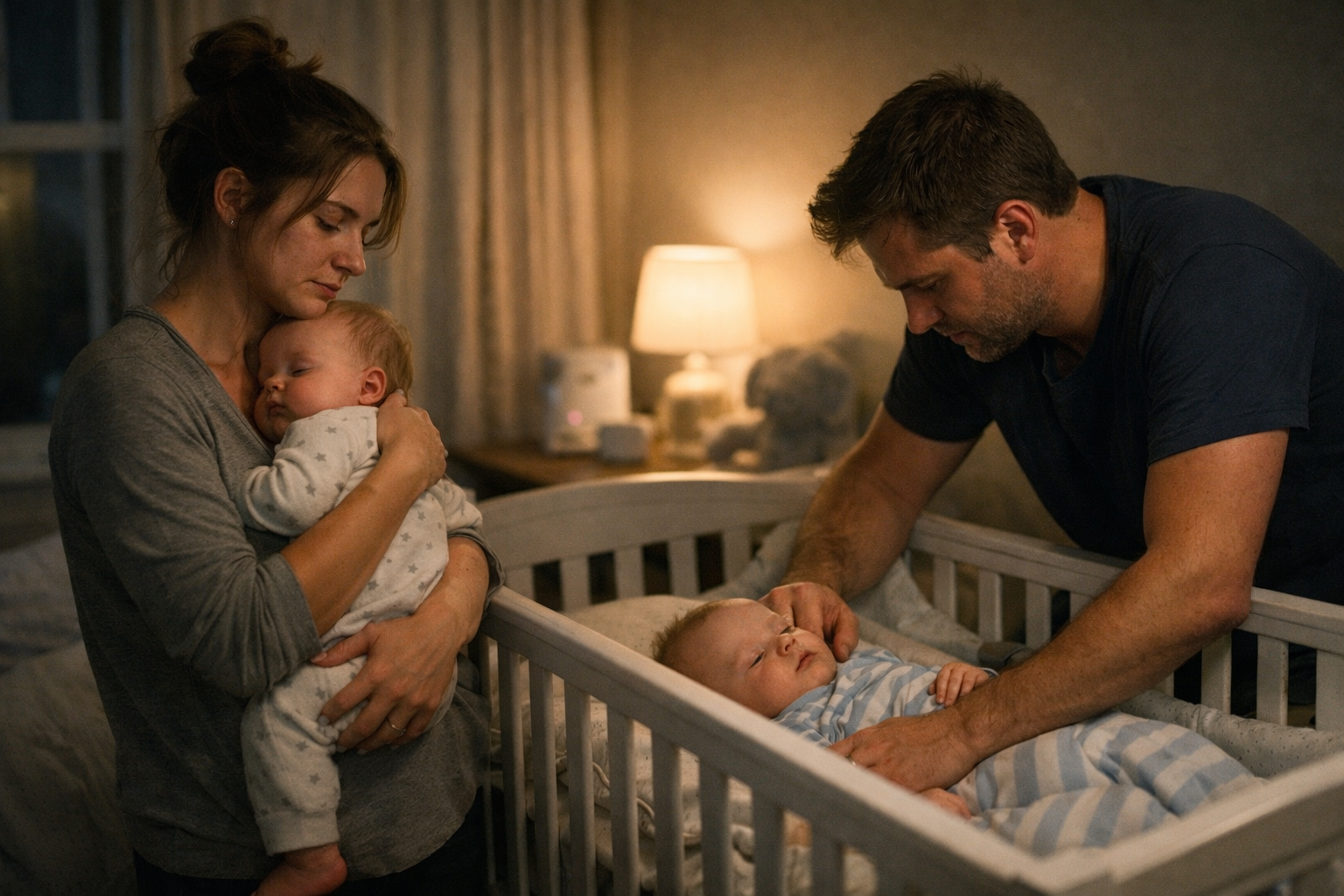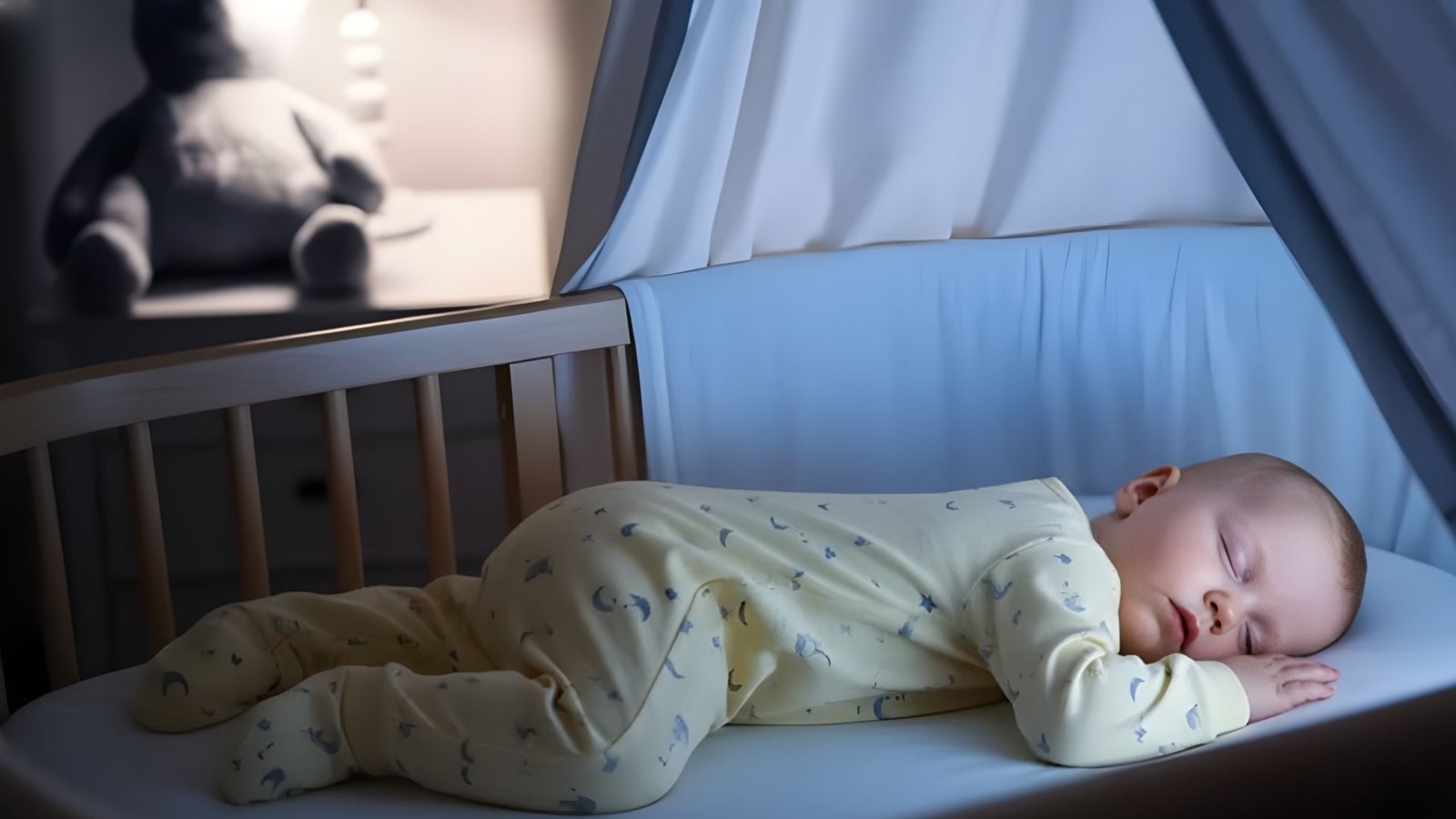It’s 3 AM, and you’re holding a crying baby while your toddler asks for water. You wonder if this will ever end.
Countless parents ask, “When does parenting get easier?” Here’s the truth from someone who’s been through multiple stages: it does get easier in some ways, but challenges change rather than disappear.
This article gives you honest answers about when physical demands decrease and practical ways to make your current situation more manageable. You’re doing better than you think.
The Honest Truth About Parenting Getting Easier

Here’s what nobody tells you: parenting gets easier and harder at the same time. Confusing, right?
It Does and It Doesn’t
The truth is complicated. Parenting doesn’t just get “better” as your kids grow up. Instead, the problems change completely.
You’ll stop worrying about diaper blowouts and start worrying about friendship drama. Physical demands drop significantly around age 4-6. Your back stops aching from carrying toddlers.
But then you’re helping with homework stress and driving to soccer practice. Different stages challenge you in totally different ways.
Why People Give Conflicting Advice
You’ve heard it before: “Big kids, bigger problems.” Well-meaning parents love to share this wisdom. The problem?
They’re usually stressed about their current stage and can’t remember the good parts of where they are now. Every parent’s experience changes based on their child’s personality, ty too.
Your friend with the easy baby might struggle with a strong-willed teenager. Comparing stages rarely helps anyone feel better.
The Role of Individual Differences
Every child is wired differently from birth. Some babies sleep through anything. Others wake up if you breathe too loudly. Some toddlers listen the first time. Others treat every request like a suggestion.
Age gaps between your children matter too. Two under two feels impossible, but three years apart feels manageable. Your support system makes the biggest difference of all.
When Physical Demands Start to Decrease

The physical exhaustion is real. Let me break down when your body finally gets a break.
The Baby Stage Reality Check
You’re basically a human feeding machine right now. Constant supervision, round-the-clock care, and zero breaks. Sleep comes in two-hour chunks if you’re lucky.
Your decision-making skills disappear along with your energy. The hardest part? You can’t reason with a baby. They need you for everything, and you feel needed every single second of every day.
Toddler Years: Mixed Signals
Toddlers can walk and talk, but don’t be fooled. They still need constant watching because they have zero survival instincts. One minute, they’re helping you cook.
The next minute, they’re trying to pet the stove. Potty training brings some relief from endless diaper changes.
Communication gets better, but behavior gets more challenging. The “terrible twos” label doesn’t help anyone’s expectations.
The 4-6 Year Old Sweet Spot
Most parents agree that this age brings real relief. Your kids finally sleep through the night consistently. They can dress themselves, use the bathroom alone, and play independently for 20-30 minutes.
Communication becomes much clearer. Instead of guessing why they’re crying, they can tell you exactly what’s wrong. This changes everything about daily life.
Real Parent Experiences and Insights

Let me share what real parents told me about their hardest and easiest stages.
The 2-Under-2 Experience
One mom described feeling like “a shell of her former self.” Her three-month-old wouldn’t sleep or eat without crying.
She developed anxiety around feeding time because she knew it would end badly. Meanwhile, her two-year-old still needed constant attention and emotional support.
The sleep deprivation stole her ability to think clearly or feel joy. She couldn’t remember basic events from her day.
When Things Started Improving
Around ages 4-6, things shifted dramatically for most families. Parents could drink hot coffee while kids used the bathroom independently.
Children started entertaining themselves in the morning instead of needing immediate attention. Family vacations finally felt like vacations instead of work trips.
Kids could walk reasonable distances and didn’t need constant carrying. The physical demands dropped significantly.
What Parents Wish They’d Known
Building support systems early makes everything easier. Many parents regret not asking for help sooner.
They thought asking meant admitting failure, but it actually means being smart. Understanding normal developmental phases helps, too.
When you know that three-year-olds test boundaries, you don’t take it personally. Connecting with other parents in similar stages provides emotional relief and practical tips.
Conclusion
When does parenting get easier? The answer is both simple and complex: it gets easier physically around ages 4-6, but challenges shift rather than disappear.
You now know that sleeping through the night, independent bathroom trips, and self-entertainment are coming. The constant physical demands will ease. Your exhaustion is temporary, not permanent.
Remember this truth: struggling now doesn’t mean you’re failing. Every parent goes through these overwhelming stages. The fog lifts, your energy returns, and you’ll feel human again.
What stage are you in right now? Share your experience in the comments below. Your story might be exactly what another tired parent needs to hear today.
Frequently Asked Questions
At what age does parenting become physically easier?
Most parents report significant physical relief around ages 4-6. Children sleep through the night consistently, handle basic self-care independently, and can play without constant supervision. The exhausting baby and toddler demands finally decrease at this stage.
Do parenting challenges completely disappear as kids get older?
No, parenting challenges change rather than disappear. Physical demands decrease, but emotional complexity increases. You’ll stop worrying about diaper changes and start helping with homework stress, friendship drama, and future planning decisions.
Why do some parents say it only gets harder?
Parents often share advice based on their current struggles. A parent dealing with teenage issues might forget how exhausting sleepless nights were. Every stage has different challenges, and people tend to focus on what’s stressing them now.
When will I finally get a full night’s sleep again?
Most children sleep through the night consistently by ages 3-4. Some children achieve this earlier, while others take longer. Sleep patterns improve gradually, and you’ll eventually get your nights back for uninterrupted rest.
Does having multiple children make it take longer to get easier?
Yes, age gaps between children significantly affect difficulty levels. Two children under two feels overwhelming, while larger age gaps feel more manageable. The physical demands extend longer when you have multiple young children requiring constant care.








